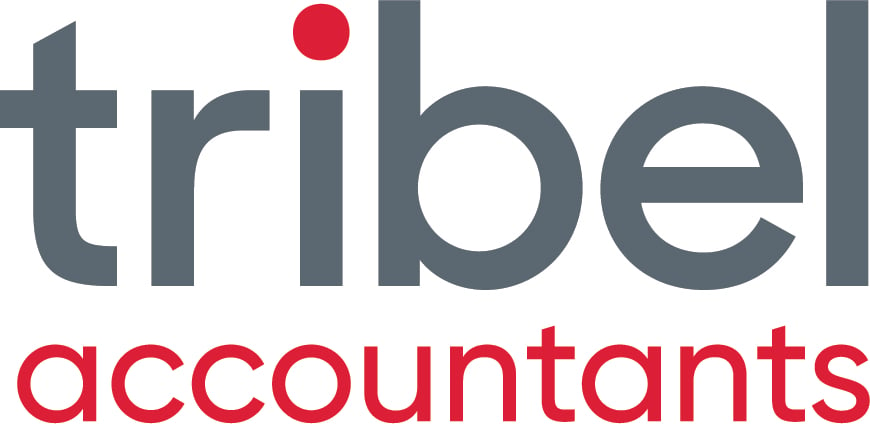INTRODUCTION:
With the Westconnex, Sydney Metro and the Parramatta Light Rail in full swing and the NSW Government keen to get compensation through to affected businesses and landholders, it's important that you do claim the maximum amount you are entitled to when it comes to disturbance and relocation claims.
Whilst there are some guidelines relating to the Land Acquisition (Just Terms Compensation) Act 1991 that are published, it's wise to note that there can be other claims not mentioned and that every case can be different. This is where it can be prudent to use the services of a business valuer (costs are generally covered by the government) as they can often identify other claims the standard guidelines do not.
As a start let's have a brief look at the guidelines.

Figure 1: Not everyone will be thrilled at having to be relocated.
1. Who Is entitled To Compensation?
The guidelines state that where a business is being conducted on the affected land, it is necessary to consider the legal status of the business.
These guidelines talk about sole traders and companies as being the entity that need to claim their compensation but they do not consider partnerships, family trusts, limited partnerships or unit trusts. Why they have sought to do this is unclear as each of these other entities have just as much right to make their claims in their own rights.
2. Market Value & Disturbance
A business is not entitled to a market value claim unless there is what is known as a profit rental in place. A profit rent is where the current being paid by the lessee is less than the market rate. In other words, when they had signed the lease, the value has gone up but due the contractual basis of the lease they are paying the agreed sum until it expires. The rental saving is calculated for the term of the saving which is usually the unexpired lease term or until the next market rental review.
Some of the disturbance items that may be claimed include:
- legal costs in connection with the compulsory acquisition;
- valuation fees by a qualified business valuer who then prepares their small business valuation report;
- financial costs connected with the relocation;
- stamp duty costs in connection with a purchase; and
- any other financial costs reasonably incurred (or might be).
Depending on your situation, there can be a number of things that you can claim that you mightn't realise you could have. This is where you need to be careful and consider getting expert advice.
3. Extinguishment Or Relocation?
Compensation must be calculated either on being relocated or being extinguished. If the location of the business is so central to the ability of the entity to make the profits it is making and being relocated would mean that these would be substantially affected then extinguishment may be the basis for compensation which would mean that the value of the business would be effectively 'purchased' by the government. The first thing to assess when assessing the basis for compensation would be "Can the business be relocated?"
Relocation costs includes:
- legal costs;
- valuation fees;
- professional costs securing a replacement location;
- fit out costs for the replacement location;
- costs of reprinting stationery;
- notification costs of new address to customers;
- costs for new telephone and internet services;
- computer costs with the the move;
- general removal expenses;
- stock losses;
- redirection of mail costs;
- loss of profits due to acquistion;
- other costs specific to your situation.
If you have to pay higher rents at a new location, you may be entitled to compensation for the excess amount over the remaining period of the lease that you had before the acquisition.

Figure 2: Missing some items to be compensated for can be extremely stressful!
4. Valuation Approach
Where it is deemed that the business must be extinguished and cannot be relocated, extinguishment will be on the basis that the business is valued as a going concern. This will usually done on via the capitalisation of future earnings method. Some of the costs also include:
- legal costs;
- business valuation fees;
- stock losses;
- administrative and possible penalty costs of winding up the business.

Figure 3: Don't miss the boat! Claim everything you are entitled to.
CONCLUSION:
Making sure you get fairly compensated is not just about understanding the guidelines. It's also working out which is the most appropriate method (relocation or extinguishment) and then including all things that you would able to argue are reasonable.
Getting advice will usually be paid for by the government. Don't take the risk of missing something substantial.


.png?width=100&height=100&name=COVID_Safe_Badge_Digital%20(002).png)




